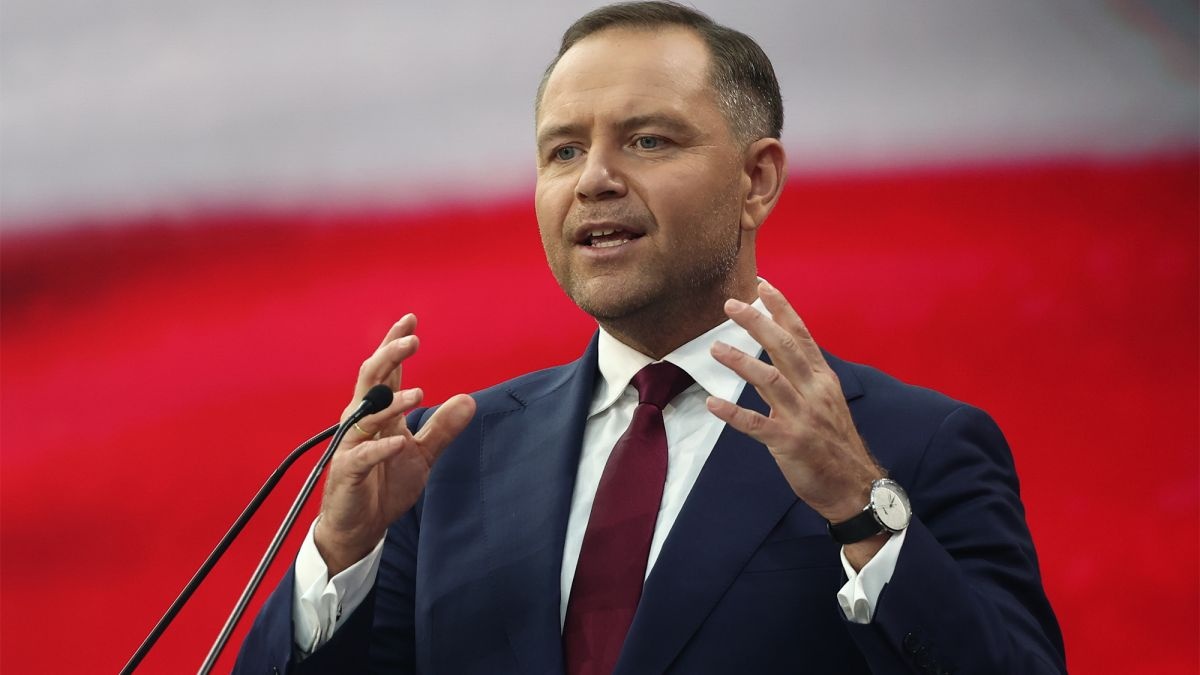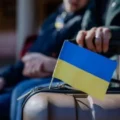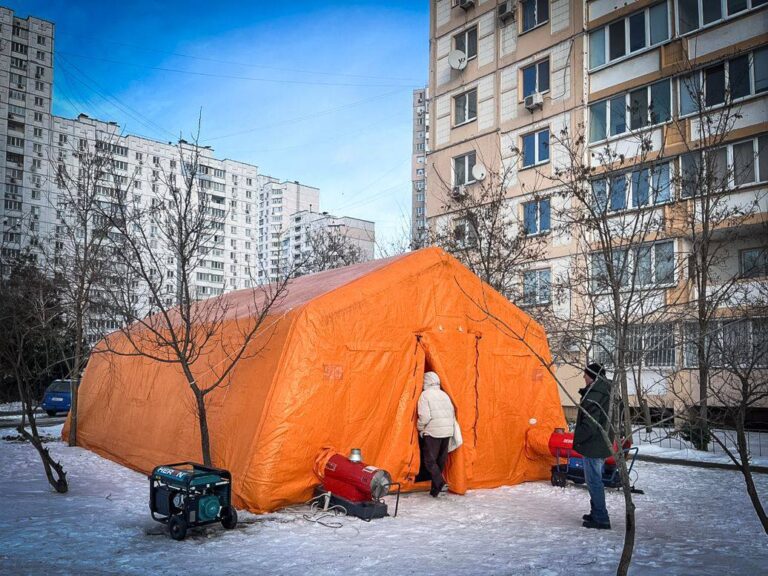
Veto Instead of Support: Why Poland’s President Blocked Aid to Ukrainians and What It Means
August 2025 was marked by a high-profile decision by Polish President Karol Nawrocki, who vetoed the law extending social assistance to Ukrainian refugees. Key programs were affected in particular, the “800+” payments, medical coverage, and even funding for Starlink access used by Ukrainian government institutions. Officially, the decision is explained as a move toward social justice, but in practice it means a revision of the conditions for millions of people who fled to Poland from war.
The law blocked by the president would have continued payments for refugees, regardless of their employment status. Instead, the head of state declared:
“I do not change my opinion and believe that 800 plus should be received only by those Ukrainians who commit to working in Poland. The same applies to healthcare.”
This means that all Ukrainians without official employment even those who lost their jobs or are caring for children will be left without state support. The law also included provisions that allowed Polish state funds to cover Starlink services that help maintain critical infrastructure in Ukraine. After the veto, this funding channel is now at risk.
Arguments: Social Justice or a Political Message
In his public statements, Nawrocki emphasizes that Poland must ensure equality between Poles and Ukrainians in access to social services:
“Poland must achieve social justice in this matter, because Poles in their own country must be on equal footing with Ukrainians.”
But this is not only about equality it is a political message. During his campaign, Karol Nawrocki repeatedly promised to change Poland’s course on migration and national identity. His recent steps continue this rhetoric. In particular, he is proposing an alternative legislative draft that includes tougher penalties for illegal border crossings (up to 5 years in prison) and the introduction of a clause:
“Stop Banderism”, equating this ideology with German Nazism.
What Changes for Ukrainians
If the president’s bill is passed, the rules change drastically:
- Access to assistance only if employed in Poland.
- Citizenship eligibility not earlier than after 10 years (currently 3).
- Historical policy introduction of the term “Banderism” into the criminal code, escalating Polish-Ukrainian tensions.
- Criminalization of migration increasing pressure on those trying to cross the border in search of safety or shelter.
This is not just a change in legal norms. It is a reformatting of the entire approach to the Ukrainian presence in Poland.
Post List
Domestic Criticism in Poland
The president’s decision received criticism from the government. Minister of Family Affairs Agnieszka Dziemianowicz-Bąk called the veto “a blow to the most vulnerable”:
“We cannot punish children if their parents temporarily lost their jobs”, she emphasized.
Prime Minister Donald Tusk also voiced criticism, stressing that in times of war, Ukraine needs more, not less support, and that “such steps are steps backward” in strategic partnership.
Consequences for Ukraine: More Than Everyday Life
The consequences of this decision go far beyond Polish domestic politics. This is not only about the fact that hundreds of thousands of Ukrainian families may be left without assistance. It is about the loss of political support that just recently seemed unconditional.
Nawrocki’s veto casts doubt on the duration of the solidarity that Poland had shown since 2022. Now, instead of partnership, we hear messages about separation, conditionality, and control. And while the president himself talks about striving for “partnership relations,” the statement about the need to “eradicate Russian propaganda” and the proposal to include a “Stop Banderism” clause sounds like an attempt at symbolic revisionism.
Karol Nawrocki is not just a president with veto power. He is a new political figure shaping Poland’s agenda in the spirit of tougher social and national policy. His actions reflect growing fatigue among parts of Polish society, which has hosted millions of refugees for three years.
But instead of seeking compromise, Nawrocki’s policies emphasize division, stricter laws, and historical controversies. And this is no longer just a matter of assistance, but a matter of trust between neighbors. At a time when Ukraine is at war, such signals from a key ally strike not only at refugees but at the shared front of resistance to aggression.















